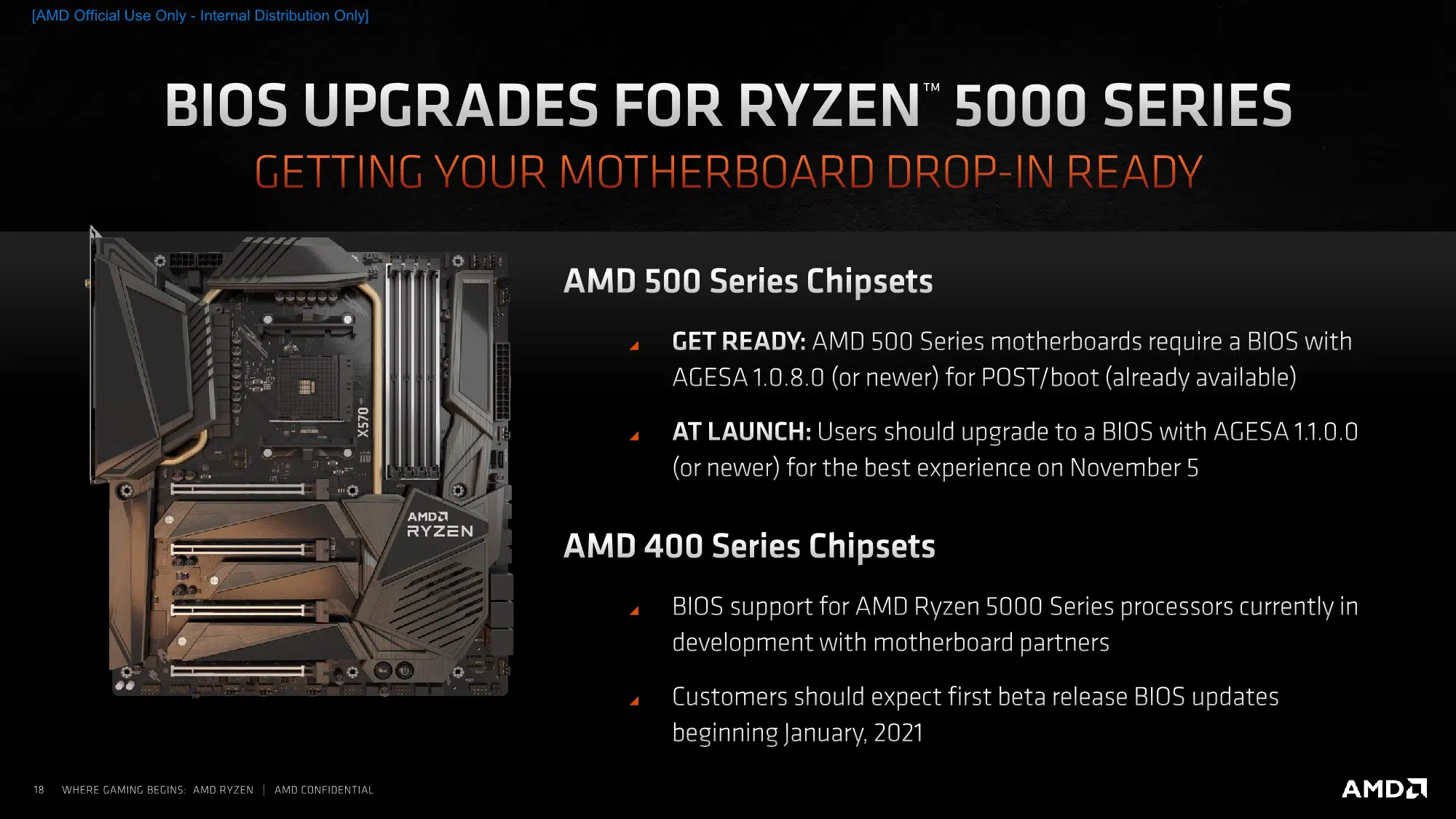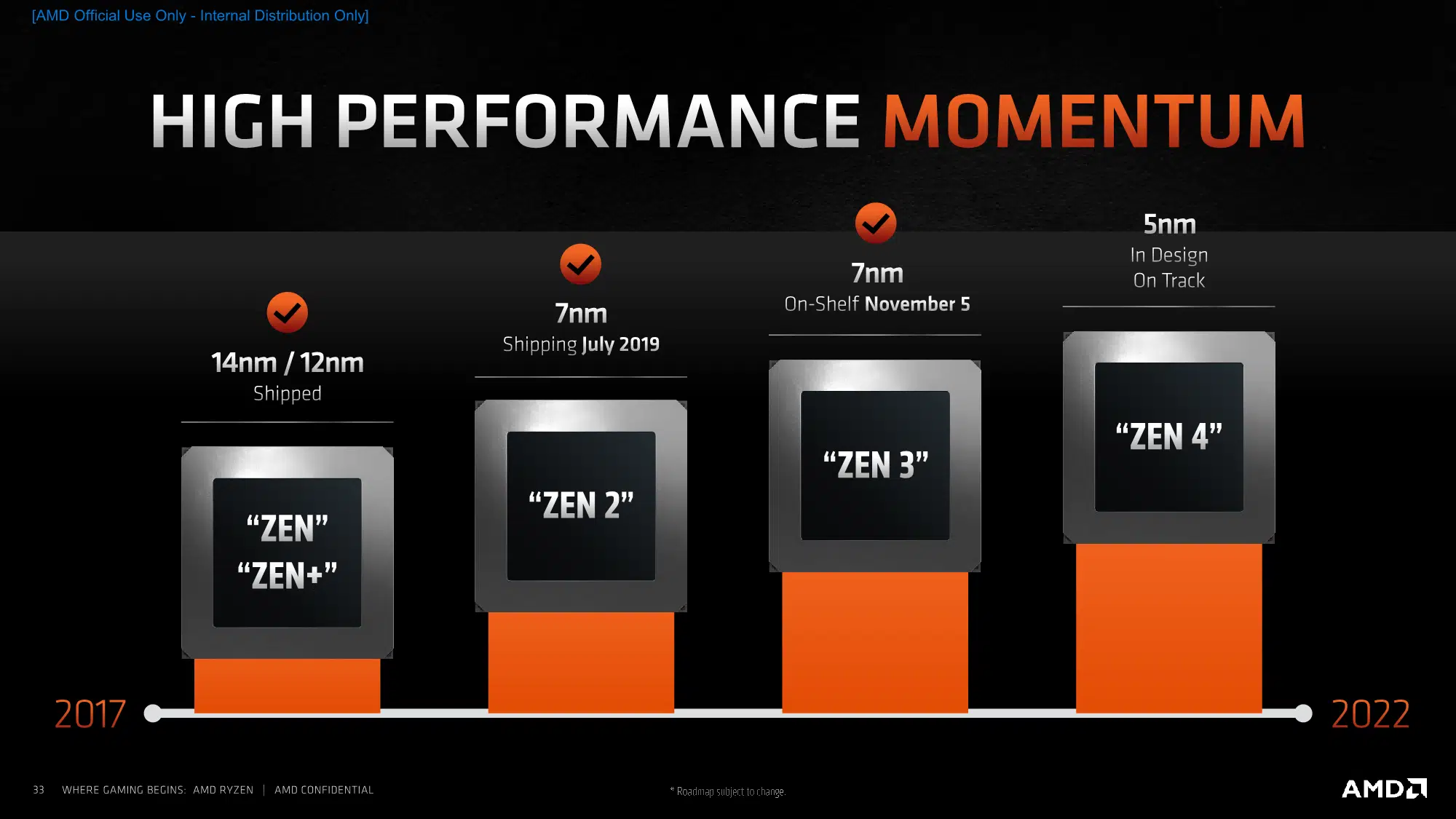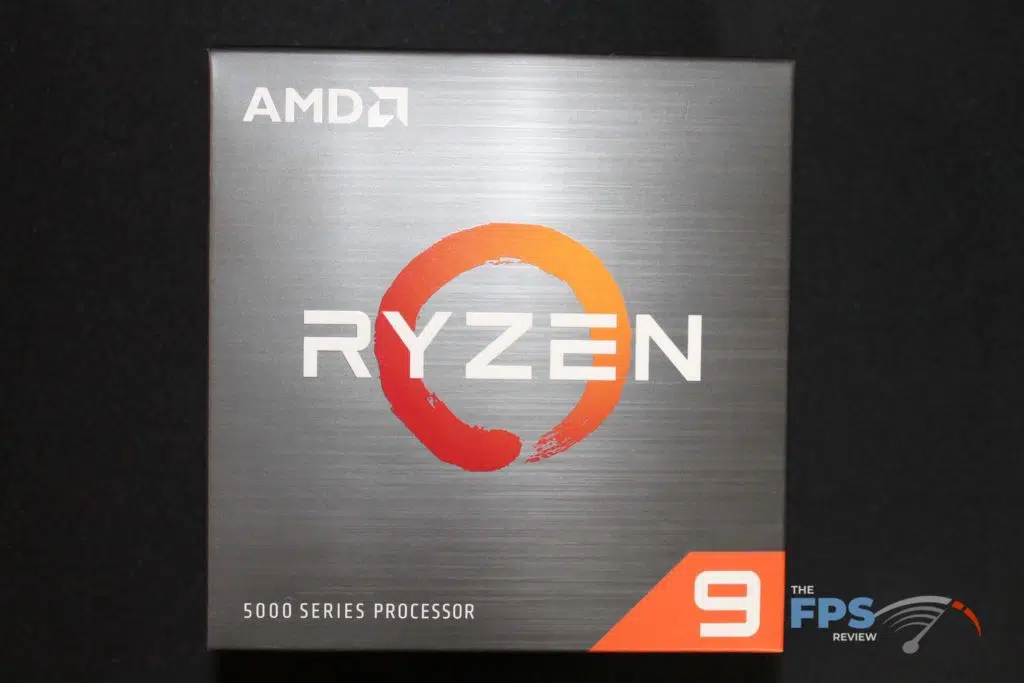
Introduction
It’s been some time since AMD launched its Ryzen 9 5950X on the Zen 3 Vermeer architecture and whether it has been the global supply chain issues, demand, or something else, it’s been difficult to get ahold of any Ryzen 5000 series CPU until recently.
Today we’ll pit it against its predecessor, the Ryzen 9 3950X, to see if it is worth the flagship crown and increased pricing compared to the 3950X. We will test the 5950X vs 3950X in this review. This will also serve as our review of the 5950x and also help you know whether you’re getting a deal as folks sell off their 3950X chips at a discount. A lot has changed over the past year, and there is no time like now to review the CPU and see how it performs on modern BIOS and AGESA versions with the latest chipset drivers and Windows updates.
We’ve covered a couple of other Ryzen processor matchups recently in the form of the Ryzen 7 5800X versus the Ryzen 7 3700X followed by the Ryzen 5 5600X versus the Ryzen 5 3600X and then the Ryzen 9 5900X versus the Ryzen 9 3900X.
AMD Ryzen 9 5950X Overview




As a refresher, the AMD Ryzen 3000 series, based on Zen 2, was released in the summer to fall of 2019. The AMD Ryzen 5000 series, which supports PCIe 4.0, based on Zen 3, was released in the summer to fall of 2020. When the Ryzen 9 3950X was launched it launched with an MSRP of $749 in 2019, placing it at the top of the AMD product stack for this 16 cores and 32 threads CPU. In 2020, AMD launched the Ryzen 9 5950X at a higher $799 MSRP. The question is, is that extra $50 worth the performance upgrade? AMD certainly thinks so, as it raised the prices on Zen 3 CPUs versus the previous generation.
Today we are going to focus on the 5950X performance and compare it with the 3950X. The Ryzen 9 5950X CPU is based on the newer Zen 3 architecture from AMD, which supersedes the Zen 2 architecture that the AMD Ryzen 9 3950X was based on. This includes a re-organizing of the CCDs and CCX complexes inside the package to better optimize cache performance. For a complete overview of the Zen 3 architecture please check out the entire AMD Press Deck for Zen 3.
| Specification | Ryzen 9 5950X | Ryzen 9 3950X |
|---|---|---|
| Architecture | Zen 3 / Vermeer | Zen 2 / Matisse |
| Process Node | 7nm CCD/12nm IOD | 7nm CCD/12nm IOD |
| Cores/Threads | 16/32 | 16/32 |
| L2+L3 Cache | 8MB L2/64MB L3 | 8MB L2/64MB L3 |
| Base Frequency | 3.4GHz | 3.5GHz |
| Max Boost Frequency | 4.9GHz | 4.7GHz |
| TDP | 105W | 105W |
| MSRP | $799 | $749 |
The Ryzen 9 5950X is a 16 core CPU with SMT based on Socket AM4 so that it supports 32 threads, therefore it is a 16c/32t CPU design. It is based on the AMD Zen 3 architecture and manufactured on TSMC 7nm. It has 8MB of L2 cache and 64MB of L3 cache. It utilizes 2 CCDs and 1 IOD. The base frequency is 3.4GHz and the max boost frequency is 4.9GHz with a TDP of 105W.
The Ryzen 9 5950X looks identical to the Ryzen 9 3950X, both being based on the AMD AM4 socket platform. The CPUs are the same size and z-height, and other for the lettering you wouldn’t be able to tell them apart.





Another feature of the Ryzen 5000 series CPUs is the Precision Boost Overdrive or PBO support that can be enabled in the BIOS as an overclocking method increasing boost clocks by as much as +200MHz. We will utilize PBO on the Ryzen 9 5950X enabled in our BIOS as our overclocking results, as this is the official overclocking method for the CPU. You will see these results on our graphs as the “PBO” results.
